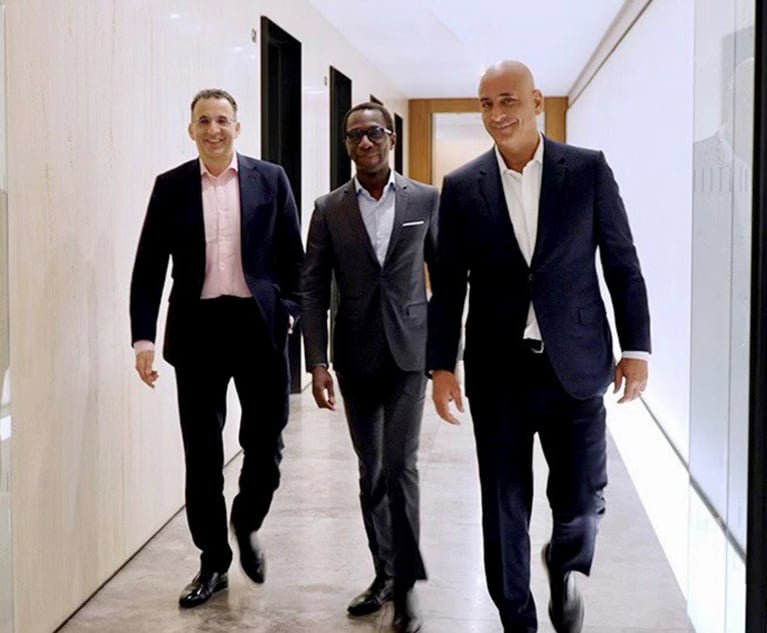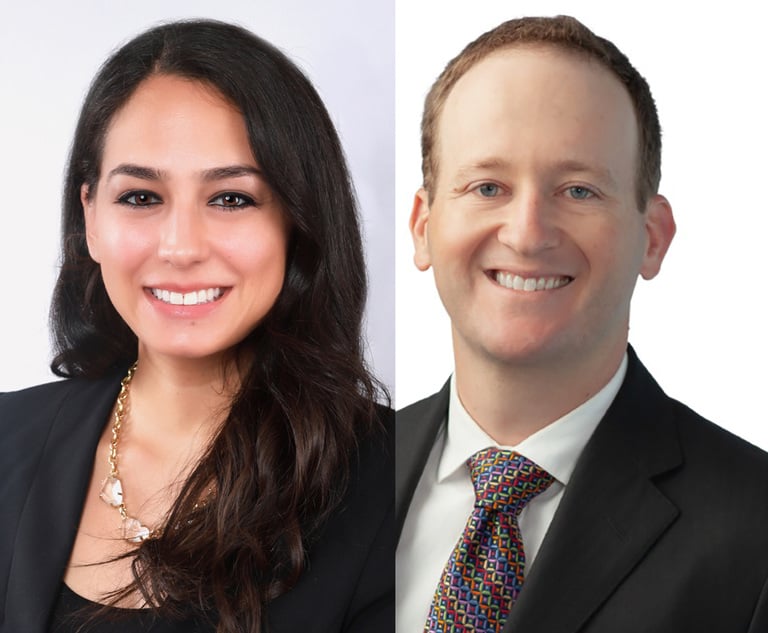Law firms are reluctant to talk about it, but as more and more baby boomers approach retirement, many firms are grappling with how to get their more senior partners to relinquish client relationships and hand them off to younger lawyers, according to law firm consultants.
“It’s really a challenge in law firms,” said Susan Saltonstall Duncan, who is president of the legal management consulting firm Rainmaking Oasis and coaches firms and their partners about these transitions.











